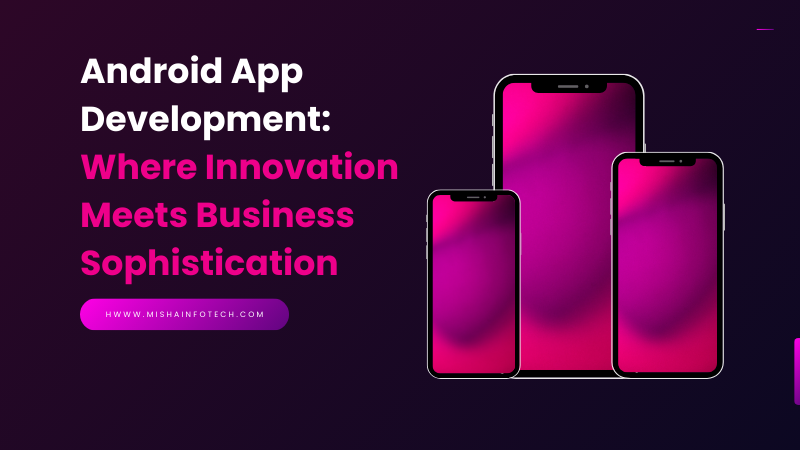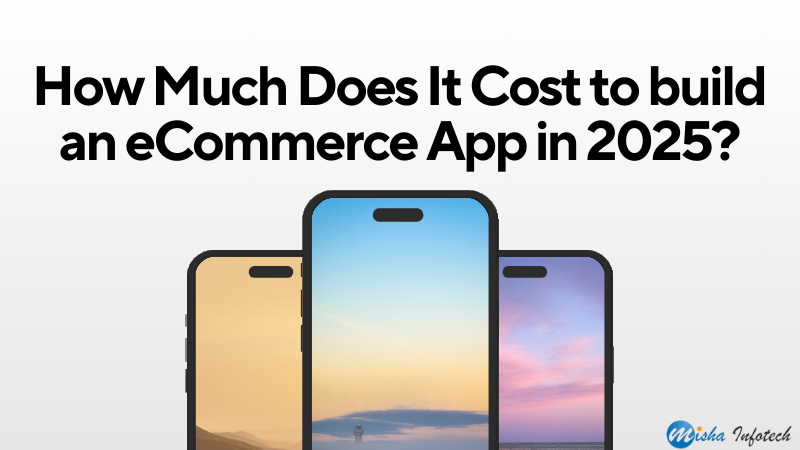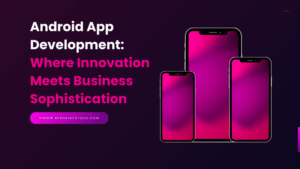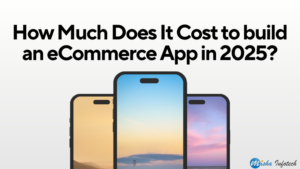In today’s digital era, mobile applications have become an integral part of our daily lives, catering to various needs from communication and entertainment to productivity and finance. With the constant evolution of technology, developers are constantly seeking innovative ways to enhance user experience and streamline app development processes. PhoneGap, a popular open-source framework for building cross-platform mobile applications, continues to be at the forefront of this revolution, offering developers a versatile toolkit to create powerful mobile apps efficiently.
Understanding PhoneGap:
PhoneGap application development, now known as Apache Cordova, simplifies the process of building mobile applications by allowing developers to use standard web technologies such as HTML5, CSS3, and JavaScript. It bridges the gap between web and mobile platforms, enabling developers to create applications that can run seamlessly across multiple operating systems, including iOS, Android, and Windows Phone.
The Latest Features:
1. Improved Performance:
In its latest release, PhoneGap has focused on optimizing performance to deliver faster and more responsive mobile applications. With enhancements in rendering engines and caching mechanisms, apps built with PhoneGap now exhibit smoother navigation and reduced loading times, enhancing the overall user experience.
2. Enhanced Plugin Ecosystem:
One of PhoneGap’s strengths lies in its extensive plugin ecosystem, which allows developers to access native device features seamlessly. The latest version introduces several new plugins and updates to existing ones, offering developers access to a broader range of device capabilities, such as geolocation, camera, accelerometer, and more.
3. Advanced Security Features:
Security is paramount in today’s mobile landscape, and PhoneGap has prioritized this aspect in its latest updates. With built-in security features such as encrypted storage, secure network communication, and enhanced authentication mechanisms, developers can ensure that their applications adhere to the highest standards of data protection and privacy.
PhoneGap vs. Native Development:
While native development offers unparalleled performance and access to platform-specific features, it often requires separate codebases for different platforms, resulting in increased development time and effort. PhoneGap, on the other hand, offers a more streamlined approach by allowing developers to write code once and deploy it across multiple platforms, significantly reducing development overhead.
|
Features |
PhoneGap |
Native Development |
| Cross-Platform |
✔️ |
❌ |
| Time-to-Market |
⭐️⭐️⭐️⭐️⭐️ |
⭐️⭐️ |
| Performance |
⭐️⭐️⭐️ |
⭐️⭐️⭐️⭐️⭐️ |
| Access to Plugins |
✔️ |
❌ |
| Development Overhead |
⭐️⭐️⭐️⭐️⭐️ |
⭐️⭐️⭐️⭐️⭐️ |
Real-World Examples:
1. InstaShop:
InstaShop, a popular grocery delivery app, utilizes PhoneGap to offer its services across multiple platforms seamlessly. With PhoneGap’s cross-platform capabilities, InstaShop can reach a broader audience while maintaining a consistent user experience across different devices and operating systems.
2. TravelBuddy:
TravelBuddy, a travel planning application, leverages PhoneGap’s plugin ecosystem to access native device features such as geolocation and camera, enhancing the app’s functionality. By harnessing PhoneGap’s capabilities, TravelBuddy delivers a rich and immersive experience to its users, whether they’re exploring new destinations or documenting their travel experiences.
Conclusion:
As the demand for mobile applications continues to grow, developers are constantly seeking efficient and scalable solutions to meet user needs. PhoneGap’s latest features offer developers a powerful toolkit to build cross-platform mobile applications with enhanced performance, security, and functionality. By embracing PhoneGap, developers can streamline the app development process, reduce time-to-market, and deliver compelling experiences to users across various platforms. As we look towards the future of mobile apps, PhoneGap remains a promising framework, shaping the landscape of mobile application development for years to come.














